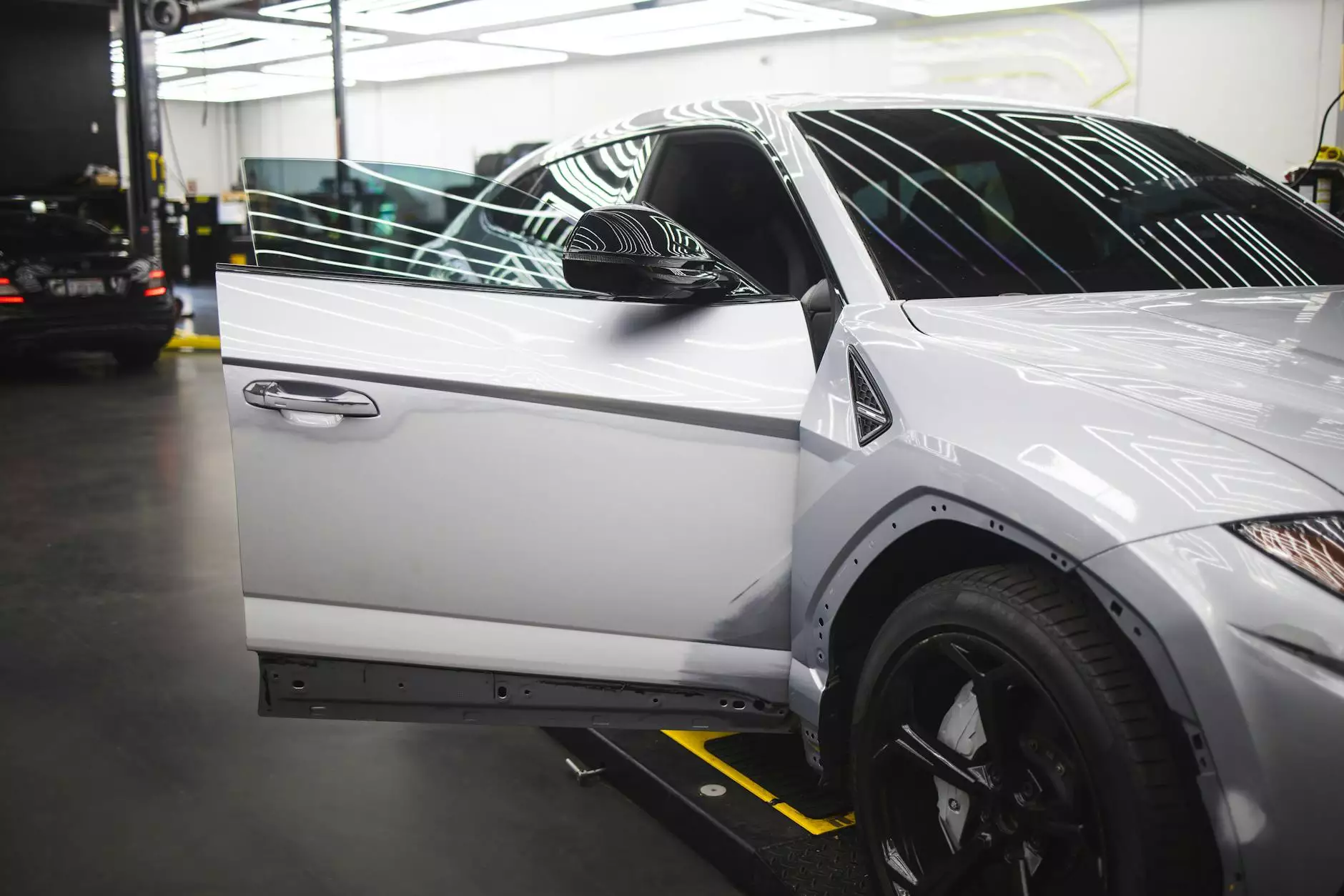Windshield Recycling and Auto Glass Facts
Windshield Replacement
The Importance of Windshield Recycling
As our society increasingly focuses on sustainability and protecting the environment, windshield recycling has become a vital aspect of responsible vehicle maintenance. The Power Window Doctors are committed to shedding light on the significance of recycling auto glass and educating our audience about environmentally-friendly practices.
The Environmental Impact of Auto Glass Disposal
When windshields and other auto glass are improperly disposed of, they can have severe consequences for the environment. Auto glass is not biodegradable and can take thousands of years to decompose. If not recycled, it contributes to landfill growth, increasing pollution and negatively affecting ecosystems.
The Benefits of Windshield Recycling
Recycling auto glass offers numerous advantages that go beyond environmental preservation.
1. Conserving Natural Resources
By recycling auto glass, we can conserve valuable natural resources. The manufacturing process for new glass requires significant amounts of energy and raw materials. Recycling glass helps reduce the need for extraction of these resources, preserving our planet's finite supplies.
2. Energy Efficiency
Recycling auto glass consumes fewer resources and energy compared to manufacturing new glass. The Power Window Doctors encourage utilizing existing glass through recycling, saving energy and reducing carbon emissions associated with glass production.
3. Reducing Landfill Waste
Properly recycling auto glass ensures it doesn't end up in landfills, reducing waste and helping to mitigate the pollution caused by excessive landfill usage. By diverting glass from landfills, we contribute to a healthier and cleaner environment.
4. Supporting the Circular Economy
Recycling auto glass plays a crucial role in the circular economy. Instead of a linear "take-make-dispose" approach, the circular economy aims to keep resources in use for as long as possible. By recycling auto glass, we actively participate in this sustainable economic model.
Fascinating Auto Glass Facts
1. Origins of Auto Glass
Did you know that the first automobile windshields were made from ordinary window glass? It wasn't until the early 20th century that tempered glass, designed to shatter into small, harmless pieces, was introduced.
2. Evolution of Laminated Glass
Laminated glass, commonly used in windshields today, was invented in 1903. It consists of two or more sheets of glass with an interlayer of polyvinyl butyral (PVB) that holds the glass together upon impact, preventing shattering. This technology significantly improves passenger safety during accidents.
3. Solar Control Properties
Modern auto glass often incorporates solar control properties to reduce heat and UV radiation inside the vehicle. This helps improve energy efficiency by reducing the need for air conditioning and protects passengers from harmful sun exposure.
4. Weight-Bearing Capacity
Auto glass, particularly windshields, serves as an integral part of the vehicle's structural integrity. It contributes to the car's rigidity and enhances its overall safety. In rollover accidents, windshields provide significant support to help prevent the roof from collapsing.
5. Recyclability
Auto glass is highly recyclable. It can be reused in various forms, such as glass beads for reflective road markings, fiberglass insulation, and even new glass products. Recycling auto glass ensures that its inherent value is not wasted and reduces the need for extensive raw material extraction.
6. Impact on Driver Visibility
Clear visibility is crucial for safe driving. Damaged or improperly installed windshields can impair a driver's line of sight, compromising road safety. Regular maintenance and prompt repair or replacement of auto glass are essential to ensure optimal visibility on the road.
Conclusion
Windshield recycling and responsible disposal of auto glass are paramount for maintaining a sustainable environment and reducing our carbon footprint. The Power Window Doctors, with their dedication to eco-friendly practices, advocate for windshield recycling to conserve resources, support the circular economy, and protect our planet. By taking an active role in recycling auto glass, we can contribute to a greener future for generations to come.




